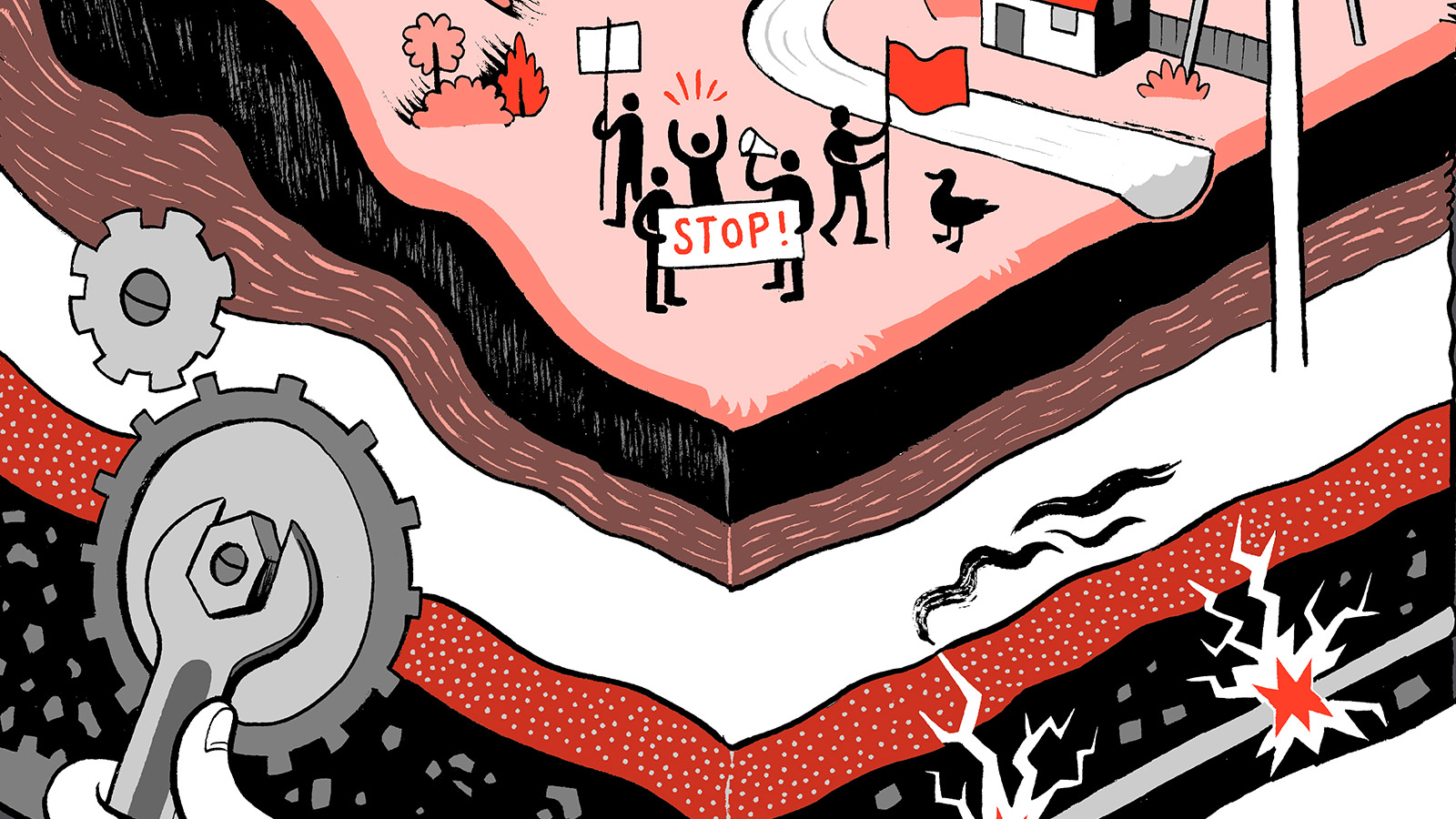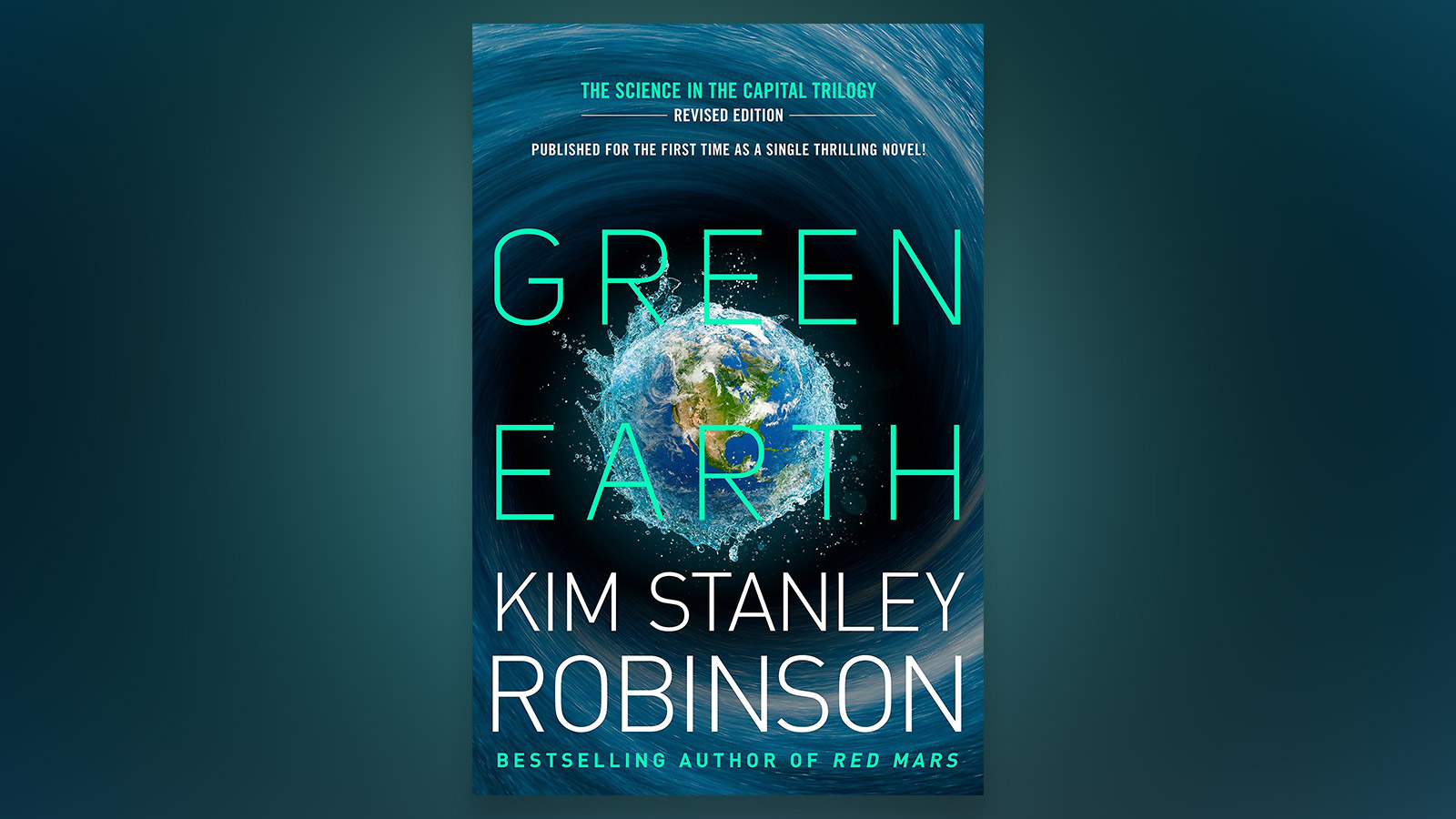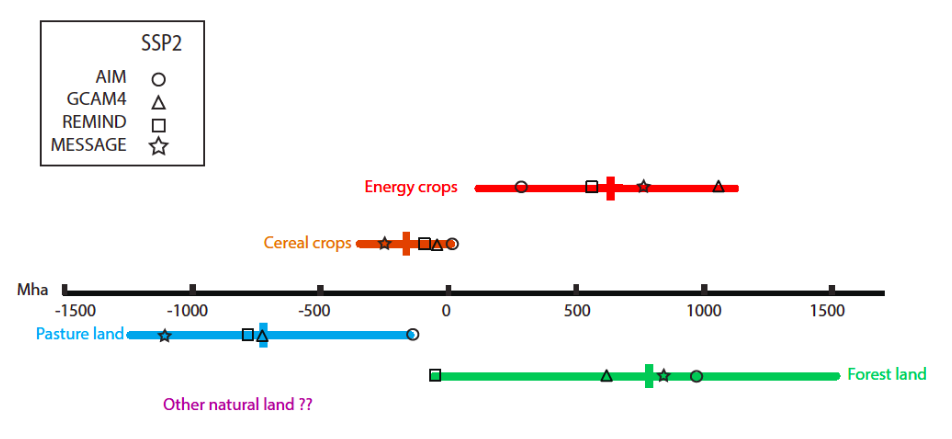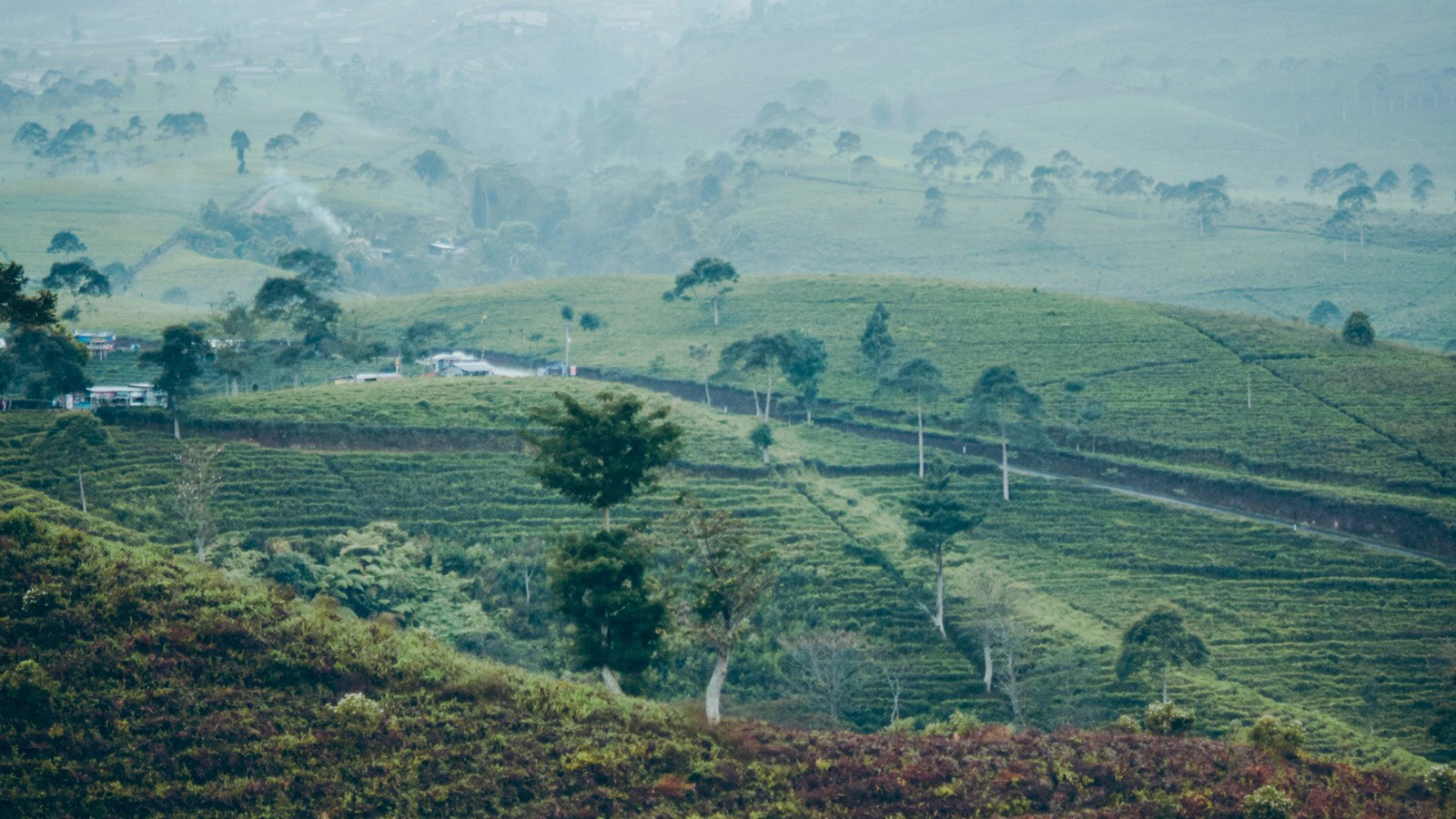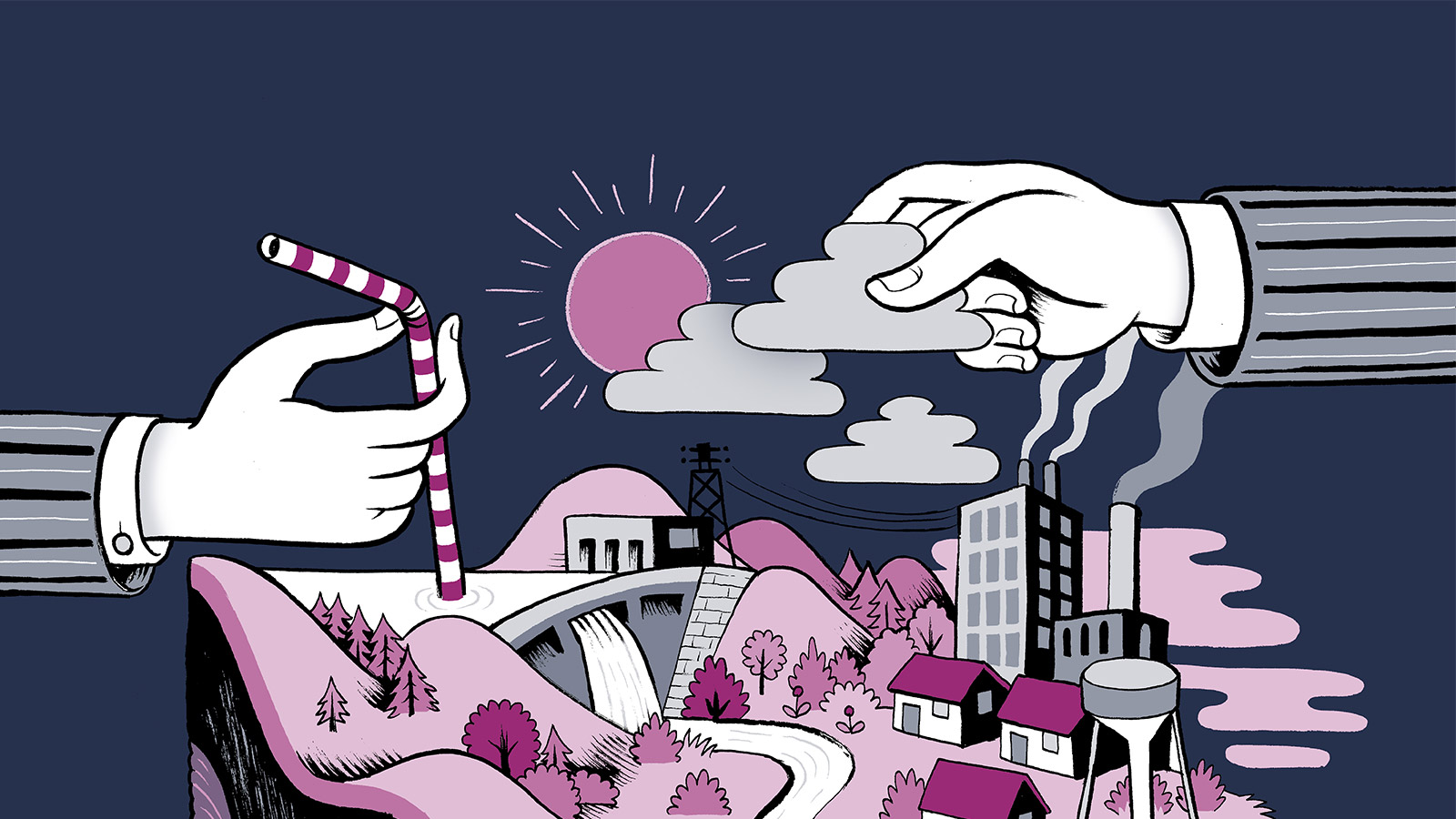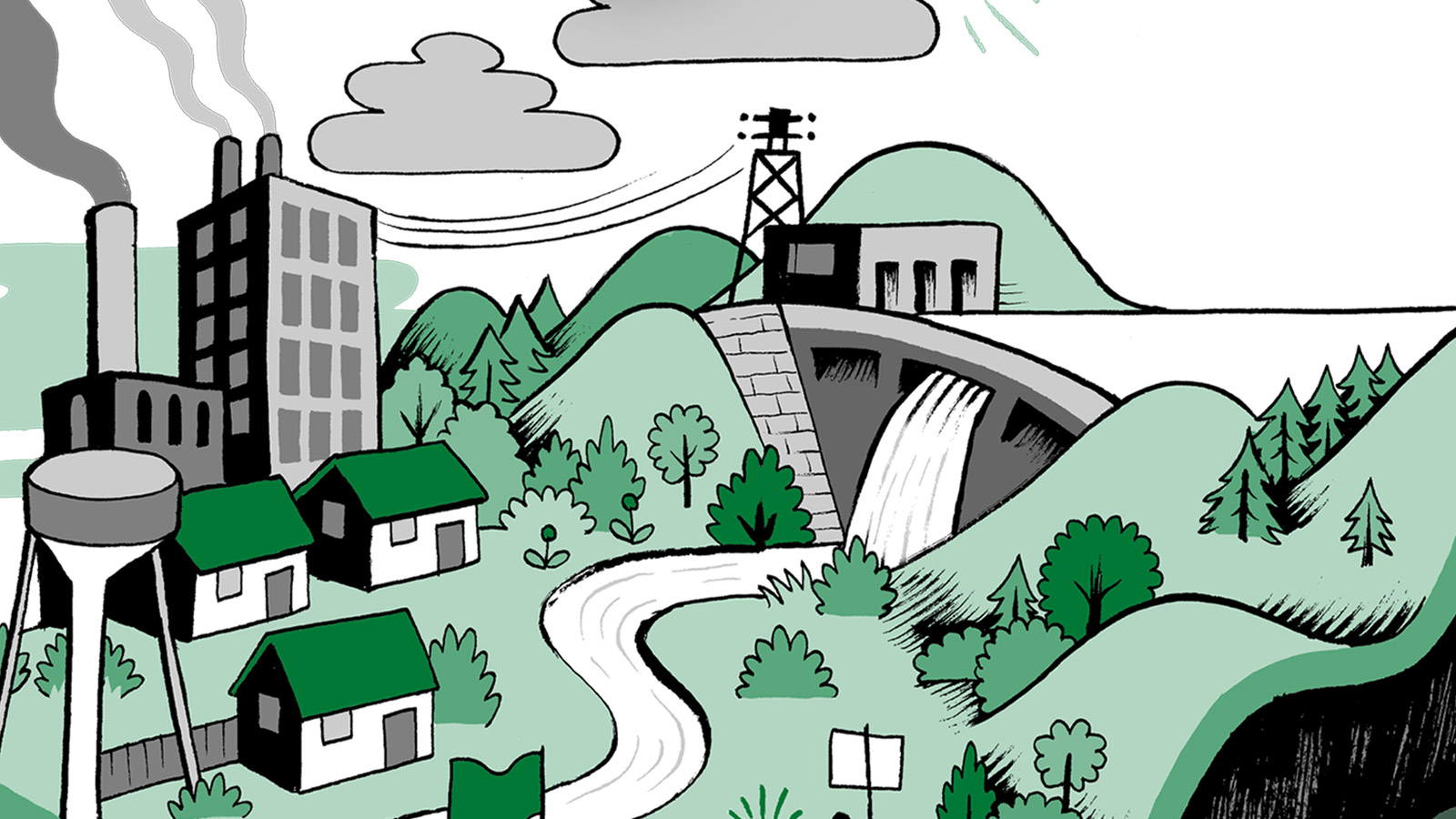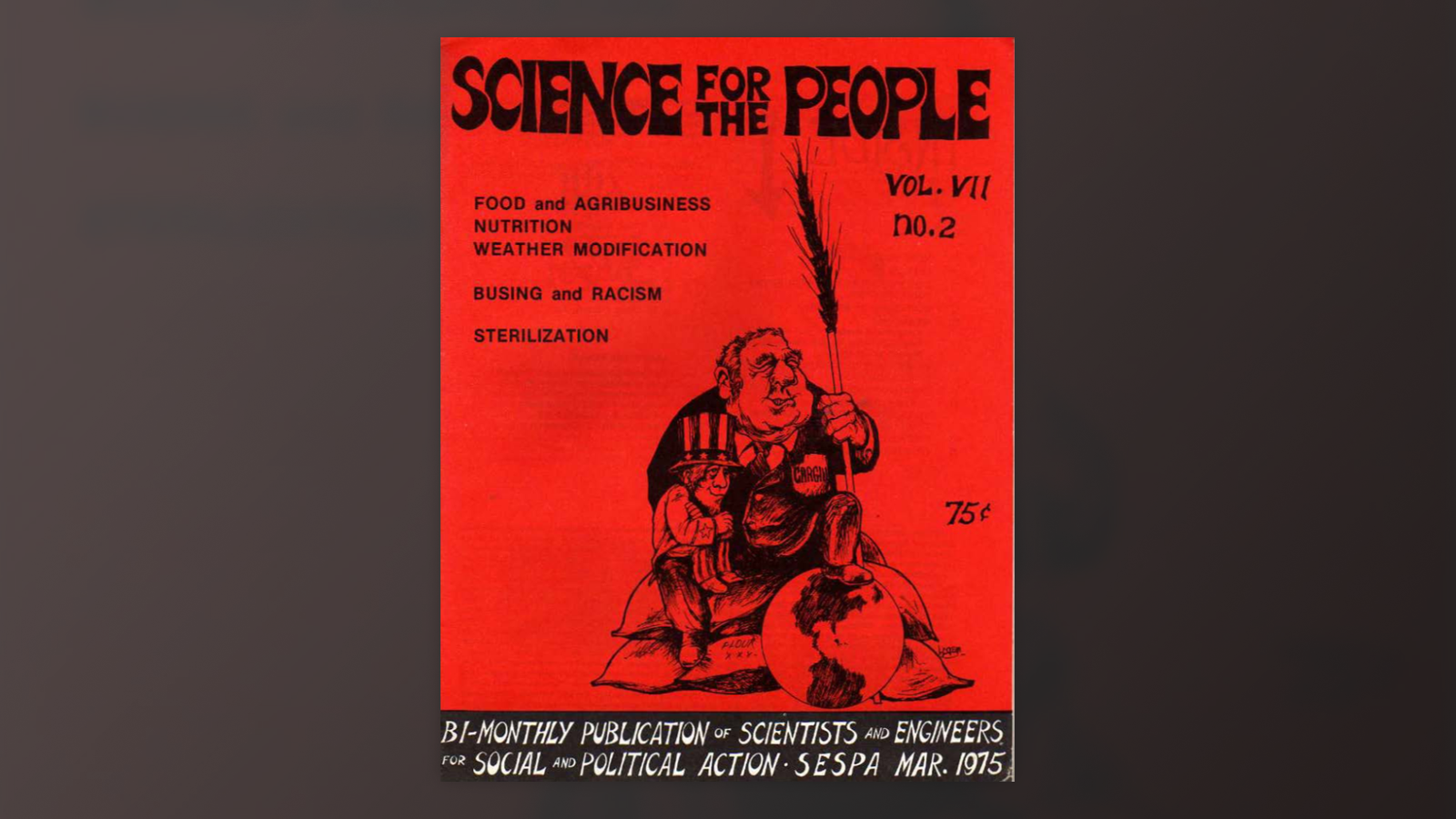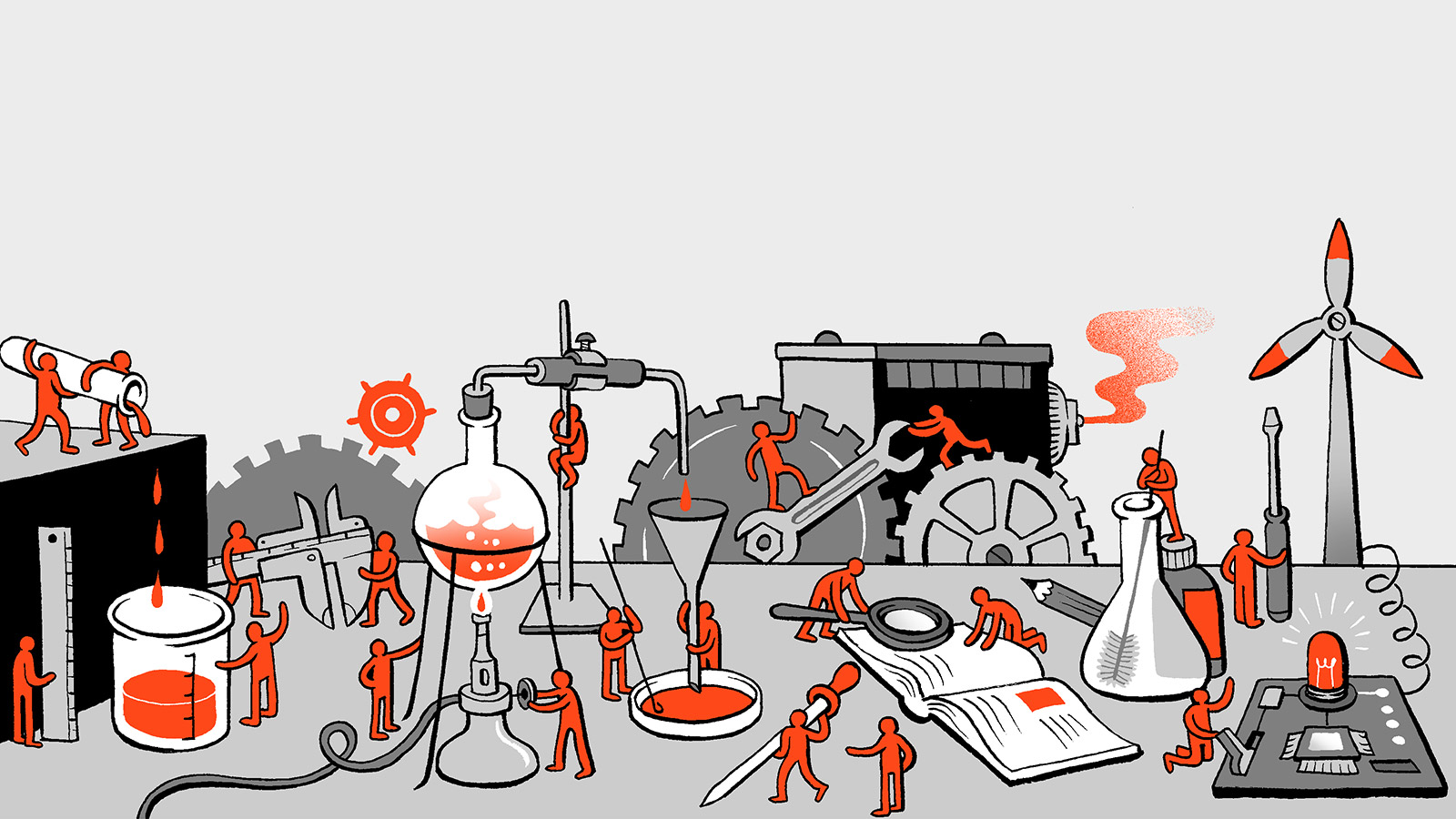The world is predominantly conceptualized as split between the subjects of history (humans) and the objects of history (everything else). The undifferentiated mass of everything else – identified as nature, or the environment - is treated as if it is simply for human use. Only in periods of crisis do we recognize that...
Special Issue
Geoengineering
Summer 2018
Inside
Kim Stanley Robinson describes himself as "a patriot of the genre" of science fiction, writing at the intersection of science and politics for over three decades. Science For The People is pleased to present this excerpt from one of his...
According to the most recent IPCC report, we have only twelve years to drastically reduce emissions if we’re to keep the earth’s temperature rise from surpassing 1.5º Celsius. The dire conclusions of the report and the daunting task we...
In signing the Paris Agreement on climate change, countries committed to hold the rise in global temperature to less than a 2°C increase above pre-industrial levels and, further, to aim for keeping the global temperature increase to a 1...
Devastating wildfires are increasingly a feature of summers across the globe, and their intensity and scale have been linked directly to climate change in a number of recent publications. Longer fire seasons, coupled with heatwave and...
Although a truth of science is not equivalent to the consensus of scientists, neither historically nor now, there are times when scientific facts (or truths) are of such compelling importance that a near consensus of scientific...
After decades of lurking in the shadows of secretive military research, geoengineering has recently resurfaced in conversations about climate change and crept into the mainstream of international climate policy. A small group of climate...
Massive removal of carbon from the atmosphere—also known as negative emissions, carbon drawdown, or regeneration—could be a cornerstone of either dystopian or radically utopian futures. Some of the dystopian ones are well known: vast...
A short fuse is burning. At the present rate of global emissions, the world is projected to reach the trillionth metric ton of cumulative carbon emissions, breaking the global carbon budget, in less than two decades. This would usher in a...
Commoner was not simply a biologist who happened to call for social change. He was a skilled organizer, committed to thoroughgoing change in social and economic conditions because he saw change in these arenas as the way to create an...
Though we will often seek thoughtful expertise, we see the spirit of radical science in the worker-intellectual who takes ideas seriously enough to embrace the full world as her jurisdiction rather than some narrow sliver of it.
The first discussion in Science for the People of a program to manipulate the weather—a useful corollary as we consider the probability of attempts to engineer the climate—was in the July 1972 issue.
Although the cost already borne by the people of Indochina in terms of human deaths and injuries is staggering, still more suffering awaits them as a consequence of the lingering effects of the new use of an old weapon — environmental...
The SFVN report says: "Weather modification could be used to achieve longer-range military, economic, or political effects than we generally think of in conventional warfare. For instance, strategic rain-making could be used to slow...
Get Involved with SftP
We put out Call for Proposals for print or special issues frequently. Sign up to our newsletter for updates. Please also visit our special issue pages as some may be accepting articles on a rolling basis. Contributor Fees $250: Feature...
Our magazine is run exclusively by volunteers. We devote our labor solely for the pursuit of a science and a society free from the shackles of capital! In keeping with our values, our magazine makes all of our content free and accessible...
Since 2014, activists across the United States and in Mexico have rebuilt the organization, which now has about a dozen active local chapters and numerous working groups that bring people in different locations together to work on specific...


